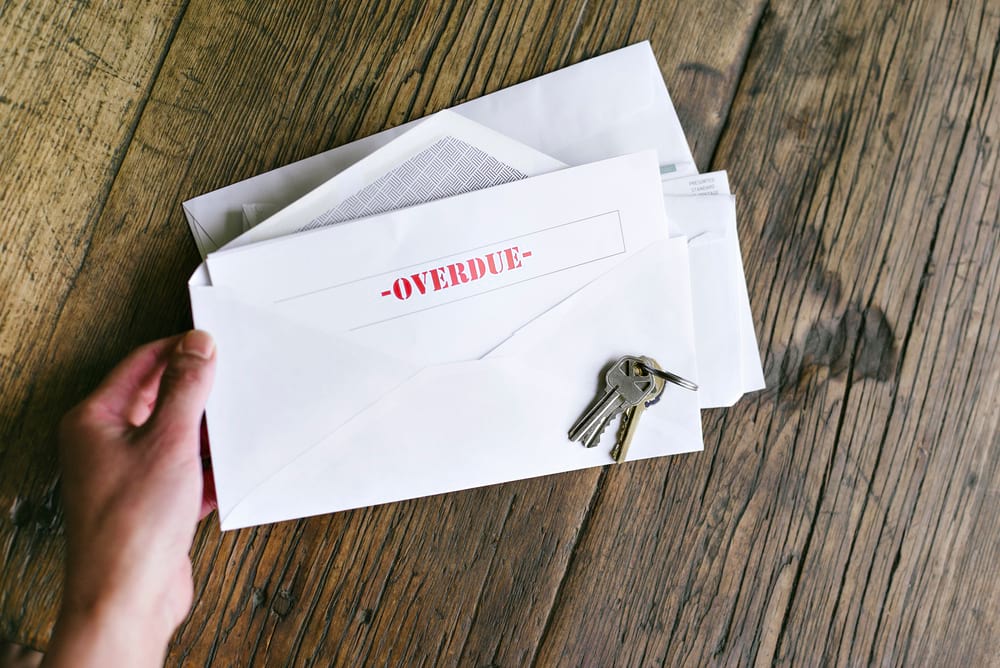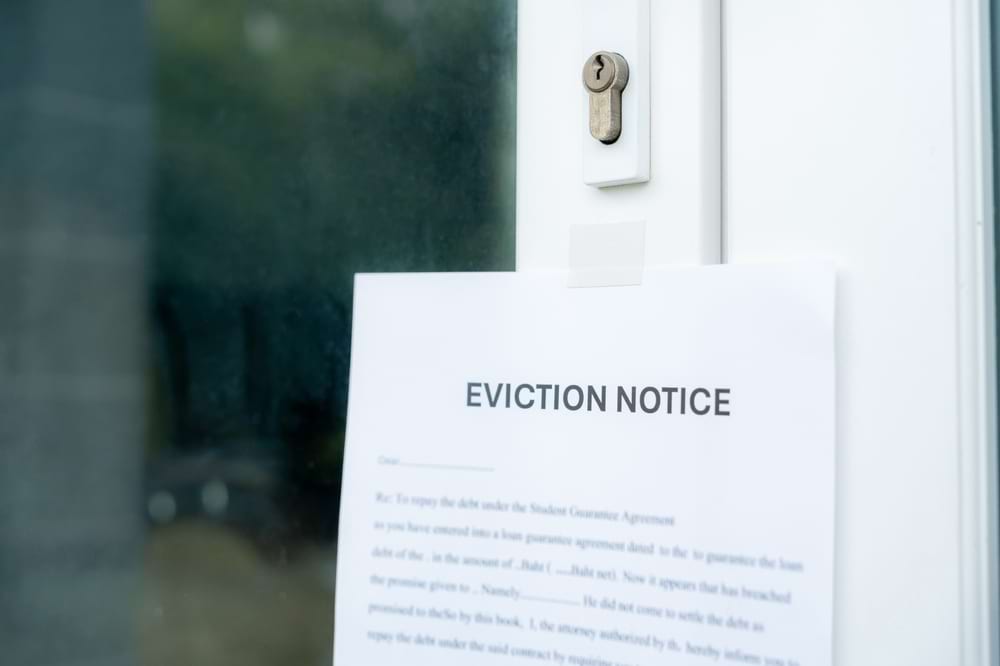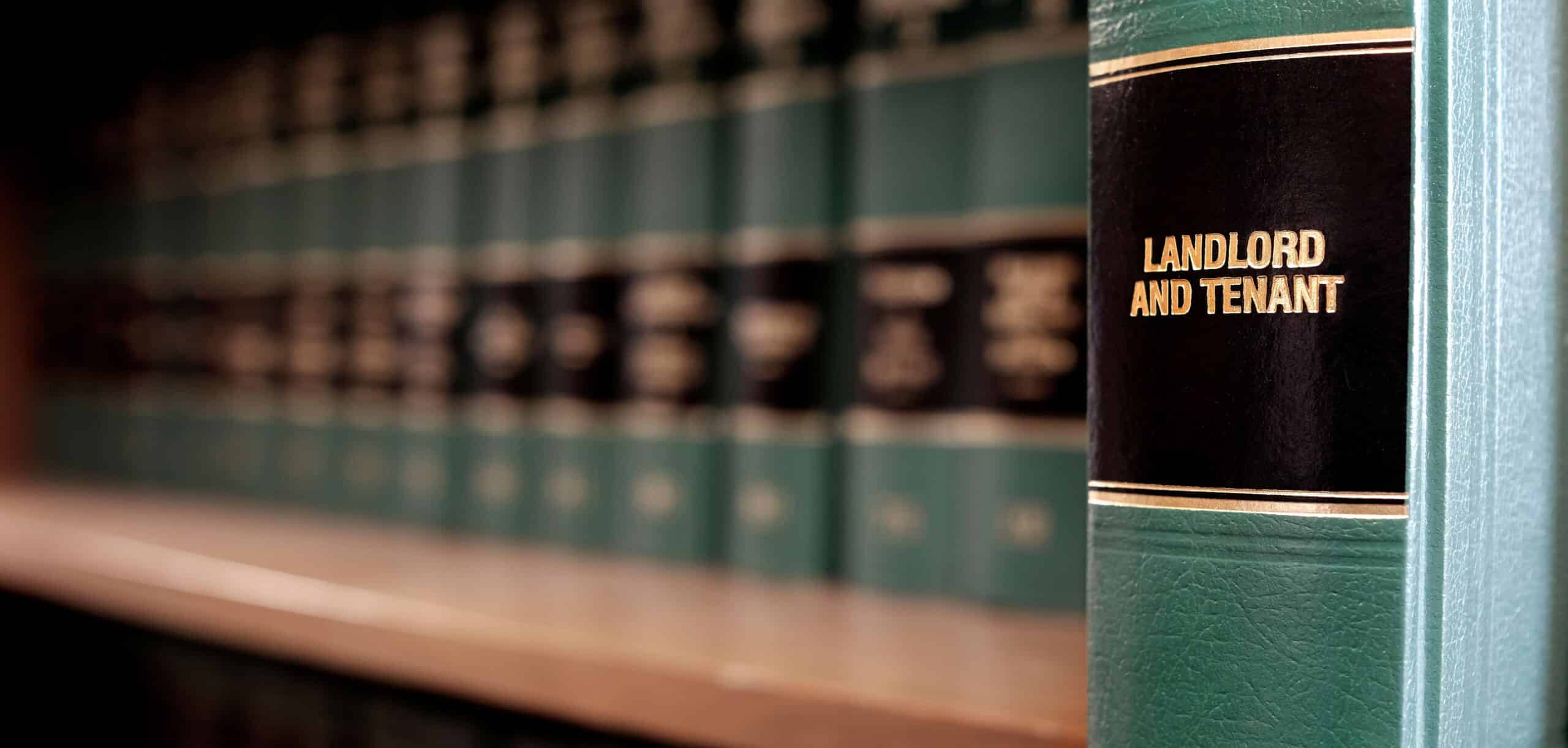You will need a deposit whether you want to buy or rent a property.
In the latter scenario, it covers potential property damage or missed rent payments.
If you get through the entire tenancy without any issues, you should get your deposit back.
But how long do landlords have to return your deposit in the UK? Keep reading to find out.
What is a tenancy deposit?
Tenancy deposits are payments made by tenants before they move into a rental property.
A landlord holds this money to cover the cost of any damages or difficulties that occur during the tenancy or any failures to pay rent or bills.
If the entire period passes smoothly, the tenant then gets the full amount returned to them at the end of the tenancy. If not, the landlord might be able to keep the deposit.
How much is a deposit to rent?
In most cases, a tenancy deposit amounts to one month’s rent. Sometimes it will be slightly higher, depending on the circumstances.
Location also matters because it affects limits:
- In England and Wales, landlords cannot charge more than five weeks’ rent if the annual payment totals less than £50,000
- In Scotland, landlords cannot charge more than two months’ rent.
A landlord is not legally required to ask for a deposit. But most do, as it gives them protection.
By contrast, a tenant cannot refuse to pay the deposit if the landlord asks for one. They must pay it after the rental agreement is signed and before they move in.
Where does a landlord keep a tenancy deposit?
In England, Scotland and Wales, a landlord must register their tenant’s deposit with a deposit protection scheme.
Here, the deposit is protected until it can be returned to the tenant at the end of the policy (assuming there are no disagreements).
In short, the scheme ensures that the deposit isn’t used for incorrect purposes by the landlord.
A landlord should tell their renter which scheme the deposit is being kept in. There are three main schemes in the UK:
What happens to a tenancy deposit if there is a dispute?
If there is a dispute over damage caused to the house or failure to pay rent, a tenant’s deposit will be protected in the scheme until the issue is resolved.
The case will often – but not always – go to court if a tenant disagrees.
If the landlord wins the dispute, they can use the tenancy deposit to repair the property.
This only applies if they prove they have lost out financially because of your actions.
How long do landlords have to return a deposit?
UK law states that once a landlord and tenant agree on the amount that will be returned, the landlord has 10 days to return it.
What happens if a landlord refuses to return a deposit?
If a landlord withholds a deposit, a tenant can contact their deposit protection scheme.
The scheme will likely offer an ‘alternative dispute resolution’ service.
It’s usually free to do this, but it should be done within three months of moving out.
What happens if a landlord refuses to use an alternative resolution service?
If a landlord refuses to use an alternative dispute resolution service, their ex-tenant can take them to court.
(Of course, ex-tenants should already have contacted their landlord asking for a refund.)
To begin proceedings, the ex-tenant should fill out an N208 form and submit it – alongside supporting evidence – to their local county court.
It’s highly recommended that ex-tenants get support from a legal expert throughout this process.
What causes a landlord to withhold a tenancy deposit?
The main reason landlords withhold tenancy deposits is because of damage done to the property. They will use this money to pay for the repairs.
It also happens because the renter broke the tenancy agreement in another way. For example:
- Falling into rent arrears
- Failing to make past payments
- Kept pets in the house (when they weren’t allowed to).
- Stole or accidentally took items belonging to the landlord
- Broke the terms of the tenancy agreement by behaving in an anti-social way
- Moved out early (and stopped paying rent)
- Sublet to someone without the landlord’s permission.
And more!
How often do deposit disputes go to court?
Most deposit disputes do not go to court.
You can ask your landlord to give you a refund before this happens. Sometimes they will oblige.
In other cases, you can use the ‘alternative dispute resolution’ service that the tenancy deposit scheme provides.
If both parties comply with the investigation, you could get it sorted out without entering a courtroom.
Even when you instruct a solicitor or lawyer, you might never actually go to court. Cases are often settled before this ever happens.




















